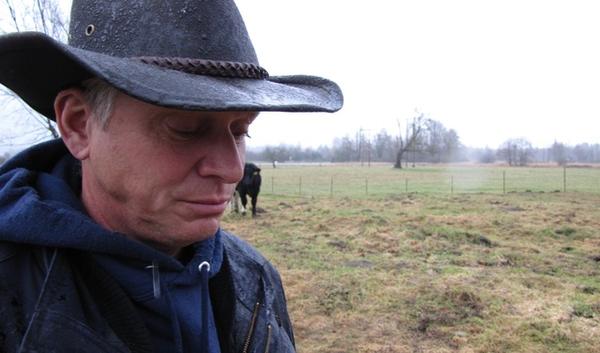Indian Country Today Media Network
Observances and ceremonies are being held across Turtle Island from June 20 to June 26 to celebrate the 2013 National Prayer Days to protect Native American Sacred Places.
“Native and non-Native people gather at this Solstice time for ceremonies and events to honor sacred places, but everyone can honor these precious lands and waters all the time by simply respecting them and not allowing them to be harmed,” said Suzan Shown Harjo, Cheyenne & Hodulgee Muscogee, in a press release announcing the events. She is president of The Morning Star Institute, which organizes the National Sacred Places Prayer Days. “Observances are necessary,” she continued, “because Native peoples are engaged in myriad struggles with developers that endanger or destroy Native sacred places.”
While running for president in 2008, then-Senator Barack Obama addressed the issue of sacred places in his Native American policy platform for religious freedom, cultural rights and sacred places protection: “Native American sacred places and site-specific ceremonies are under threat from development, pollution, and vandalism. Barack Obama supports legal protections for sacred places and cultural traditions, including Native ancestors’ burial grounds and churches.”
As the release from The Morning Star Institute notes, “the growing disparity between the campaign’s promises and the administration’s actions has dismayed many Native peoples.”
And even though a memorandum of understanding was signed at the end of 2012 by five federal entities to “improve the protection of and tribal access to Indian sacred sites through improved interdepartmental coordination and collaboration,” between the departments of Defense, Interior, Agriculture, Energy and the Advisory Council on Historic Preservation, the institute feels it “does nothing of substance to protect sacred places.” (Related story: “Federal Departments Sign Sacred Sites Protection Agreement“)
This year marks the 11th that the National Prayer Days are being observed. The first National Prayer Day was held June 20, 2003 to show Congress that a need to protect sacred places exists. That need still exists.
An observance will be held in Washington, D.C. on Thursday, June 20 at 8:30 a.m. on the United States Capitol Grounds, West Front Grassy Area. This observance is organized by The Morning Star Institute and the public is welcome to attend to honor sacred places, sacred beings and sacred waters.
Indian Country Today Media Network will be spotlighting a few of these sacred places throughout the week. Click here for a full list of gatherings happening all week.
Read more at http://indiancountrytodaymedianetwork.com/2013/06/19/national-sacred-places-prayer-days-starts-tomorrow-149997


